Hong Kong leader favors adopting China law to respond to foreign sanctions
Hong Kong leader Carrie Lam has thrown her weight behind the adoption of a law introduced by Beijing to uphold the territory's sovereignty in the face of foreign interference and sanctions.
Lam said on Tuesday that her government would do its utmost to fulfill its constitutional responsibility, adding, "The purpose of the Anti-Sanctions Law is to defend our country's sovereignty, security and development interests."
Beijing adopted the law in June, under which individuals or entities involved in making or implementing discriminatory measures against Chinese citizens or entities could be put on an anti-sanctions list.
Those individuals could also be denied entry into or be expelled from China. Their assets in the county may be seized or frozen. They could also be restricted from doing business with entities or people in China.
Lam put forth the idea that the law be introduced through Hong Kong legislation by annexing it to the city's mini-constitution.
She also predicted that Western states and propaganda outlets would hype up the issue.
“Some foreign forces, foreign governments and Western media will definitely stir up this issue, hoping to weaken our status as a financial center or the outside world's confidence in Hong Kong," she added.
Lam said Beijing had consulted her on adding the law to the city's mini-constitution, known as the Basic Law.
Last year, Hong Kong adopted the national security law to criminalize acts of secession, subversion, terrorism and collusion in the Chinese territory.
The move drew harsh criticism from some Western governments, particularly the US and the UK, which claim that the law threatens the semi-autonomous stance of the city.
The US has also imposed sanctions on Hong Kong and Chinese officials in response to the law, drawing angry rebuke from Beijing that has been urging Washington to stop interfering in Hong Kong’s internal affairs.
In June 2019, unprecedented anti-government protests began in Hong Kong over a proposed extradition bill. It was shelved under pressure from demonstrations later on, but the turbulent protest movement continued into the next several months and became more violent, endangering the lives and property of citizens.
The protesters have been demanding Hong Kong’s secession since then. They have received encouragement from the United States.
The Chinese government says the United States and Britain have been fanning the flames of the unrest in Hong Kong by supporting the protesters.
Hong Kong has been governed under the “one-country, two-system” model since the city — a former British colony — was returned to China in 1997.
Trump floats ‘Dream Military’ fueled by record $1.5-trillion budget
Iran: US interventionism aimed at inciting violence, terrorism
VIDEO | Tunisian parties denounce Trump’s foreign policy as violation of intl. law
Trump’s immigration crackdown turns deadly; president says killer acted in ‘self-defense’
VIDEO | Trump renews highly aggressive rhetoric towards Iran
VIDEO | Transatlantic tensions: Greenland
VIDEO | Yemen’s Saudi-backed government expands control amid coalition strikes on separatists
Iran expects slight increase in domestic wheat purchases


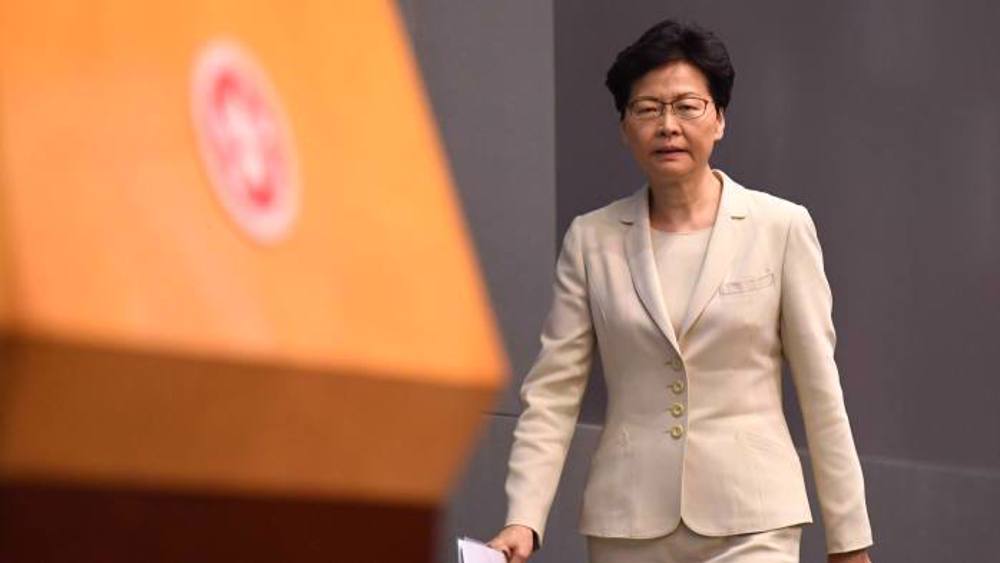
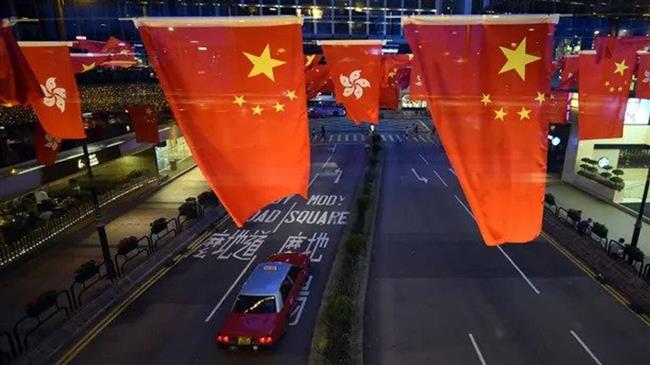
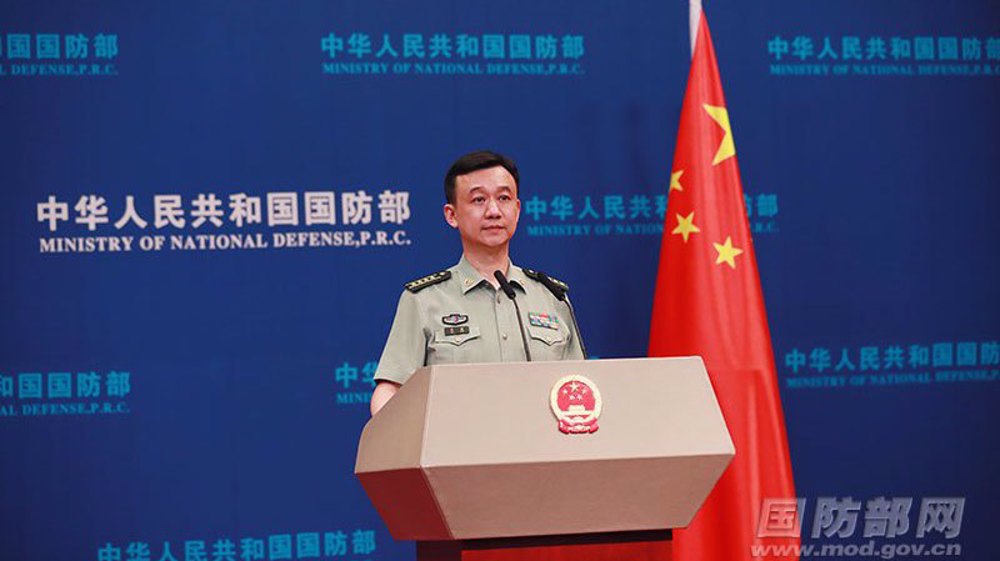
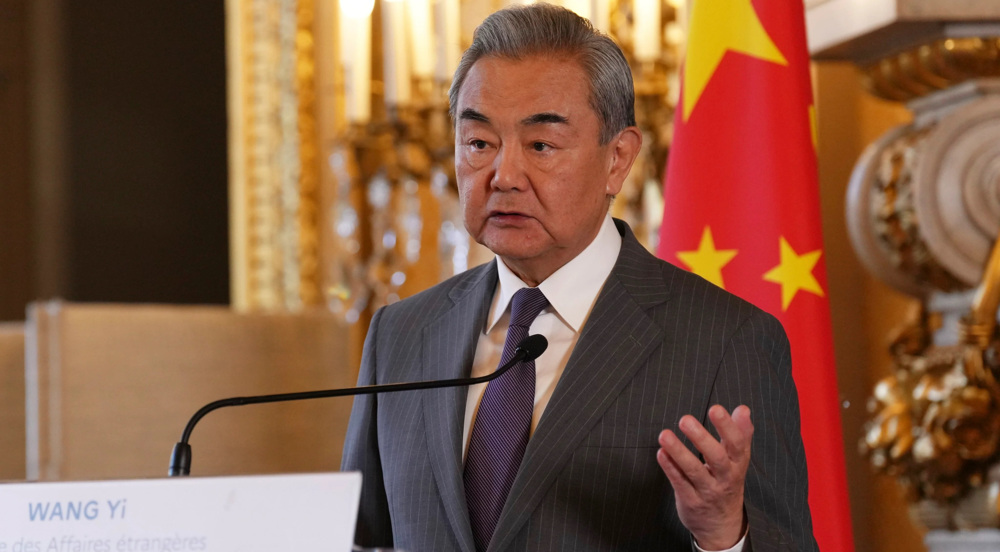

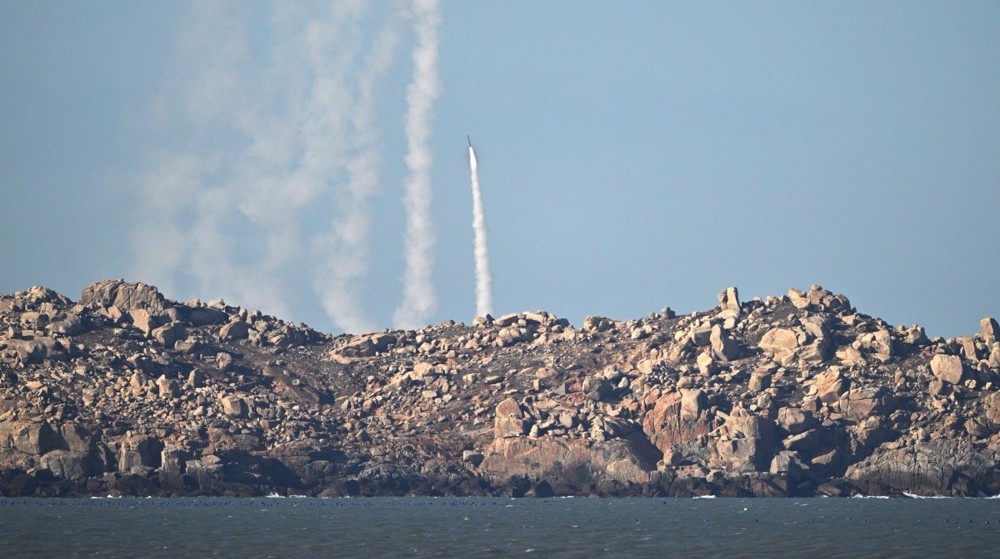



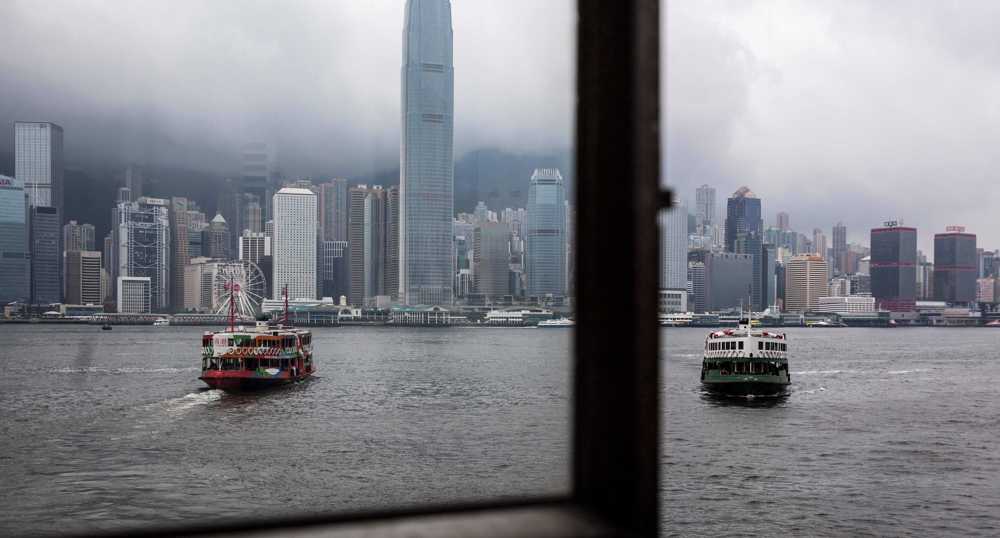
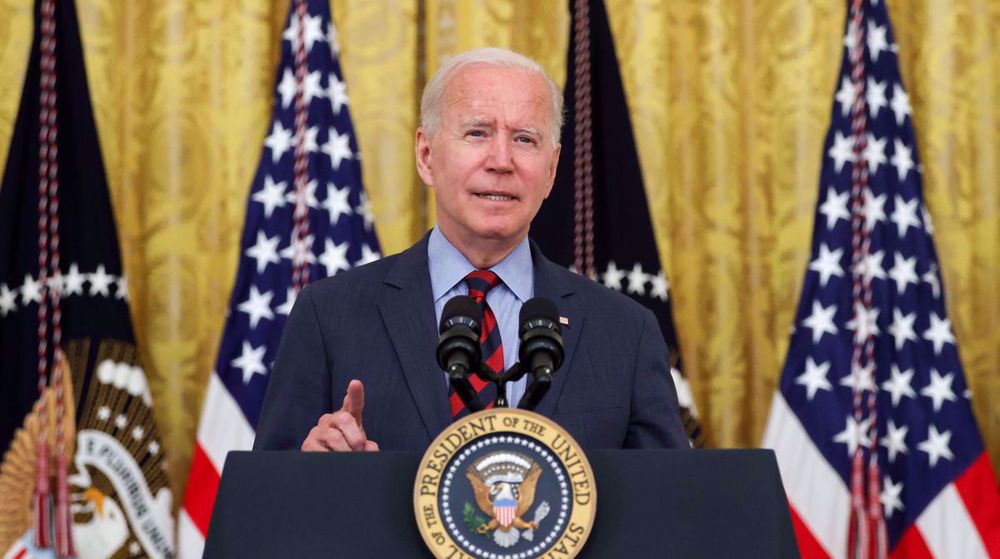

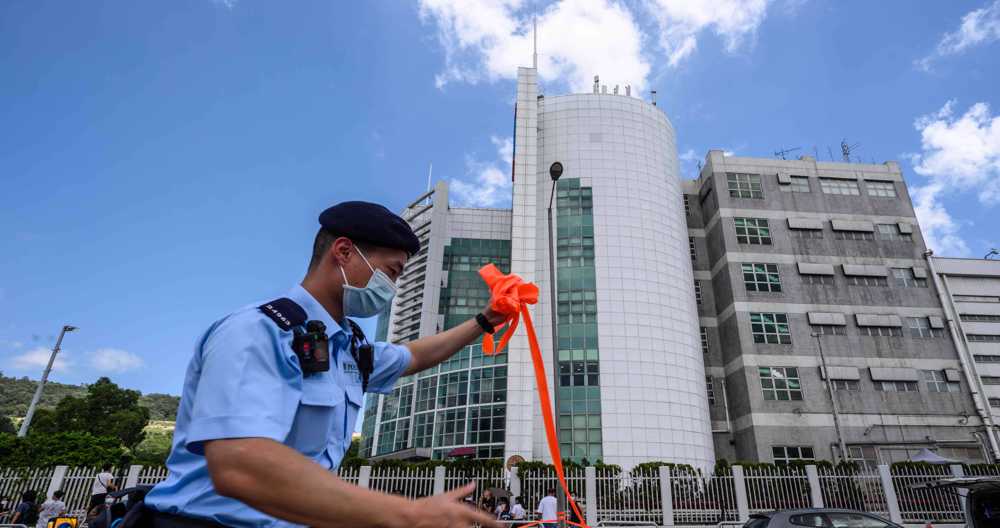

 This makes it easy to access the Press TV website
This makes it easy to access the Press TV website